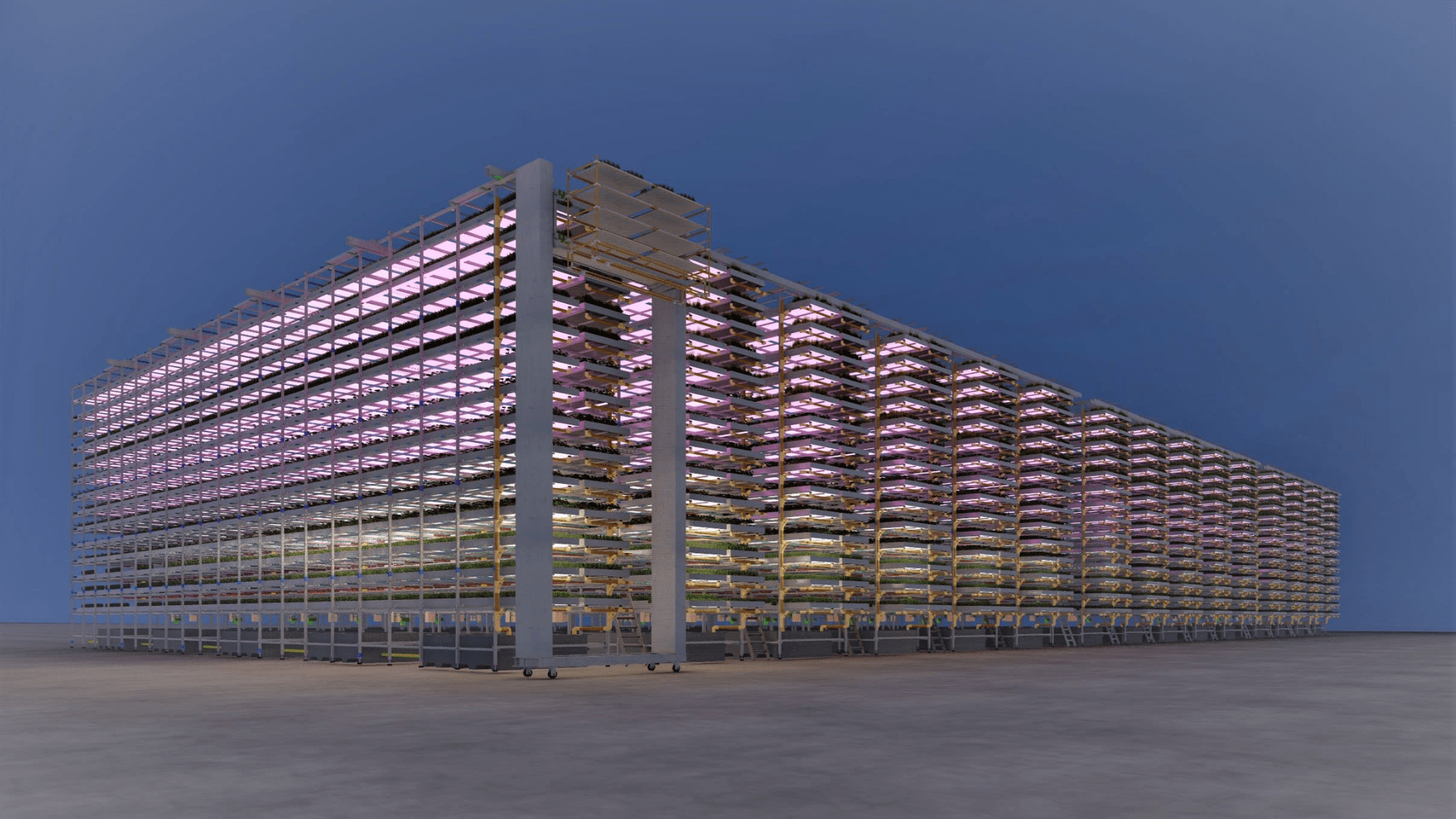At the peak of winter in Lithuania, it sees just 7 to 8 daylight hours, and temperatures below minus 3 degrees Celsius, which makes it impossible to grow year-round produce, outdoors and in the soil. As a result, the country imports a lot of food, especially during winter.
However, relying on a food system that is breaking down because of climate change, pandemics and the geopolitical situation is getting tougher by the day.
Enter Vilnius-based Leafood. The startup is developing a network of indoor vertical farms to localise leafy green supply chains for urban dwellers across the Baltic region, who have long depended on imports from southern Europe and northern Africa.
The Lithuanian startup has brought in €6.45 million in funding to build and operate a network of indoor vertical farms in Lithuania and the greater Baltic region, including Poland in partnership with YesHealth Group. The seed round was led by Niels Peter Pretzmann, founder of organic farm Farmer’s Circle and hospitality hub Baltic Food Republic, alongside YesHealth Group.
According to the startup, the construction of the first Leafood vertical farm is underway in Vilnius and slated for completion by the first quarter of 2023. The initial footprint of the indoor vertical farm is 4000m², within a 7150m² space, yielding over one-thousand kilograms of leafy vegetables per day, and it will be entirely powered by renewable energy sources such as wind and solar.
Valentinas Civinskas, founder and CEO of Leafood said: “We need to innovate and find new ways to farm healthy, sustainable food, year-round, locally and indoors. By developing a network of high-tech, indoor vertical farms, we are trying to solve this problem of food security for the Baltic region.”
The company claims the plants at these gardens will be fed on bio-fertilisers derived from natural ingredients such as soybeans and oyster shells. This will dramatically prolong the shelf life of salads and herbs, which will contribute to solving the local as well as the worldwide issue of food waste.
The company is also seeking to raise another €2 million from investors who share their mission of farming healthy, pesticide-free produce, through controlled-environment agriculture, for the Baltic marketplace.
Niels Peter Pretzmann, serial food entrepreneur and main seed investor of Leafood said: “Rarely do you come across a project that ticks nine out of the seventeen goals listed in the United Nations Sustainable development agenda 2030. Not only will Leafood allow us to shorten the supply chain - a key effort on the road to more sustainable, healthier diets, but it will also help us find solutions to acute problems in conventional farming. Solar panels set the path for cleaner, more affordable energy.”



Would you like to write the first comment?
Login to post comments